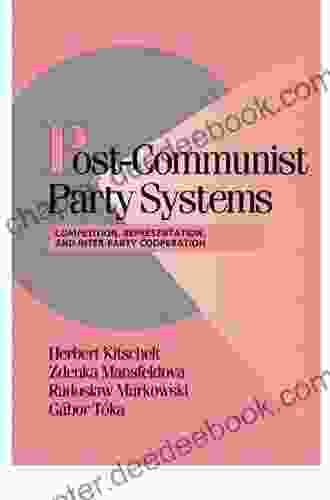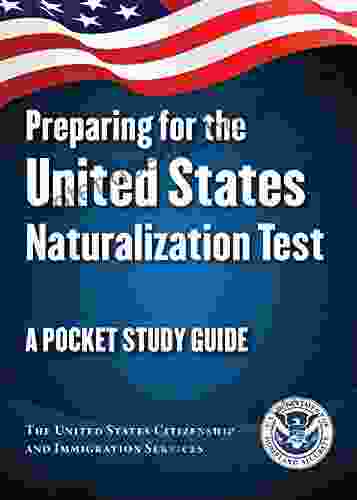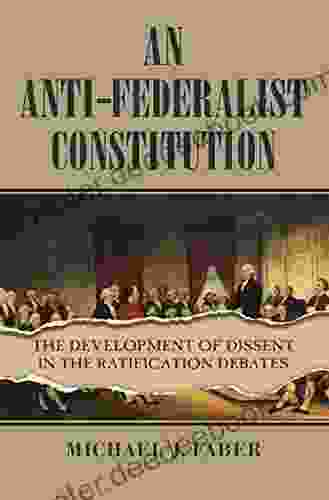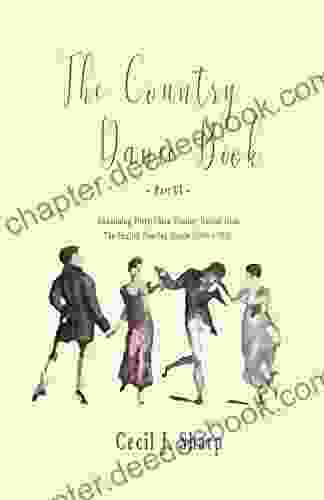The Development of Dissent in the Ratification Debates

The ratification debates of the late 18th century marked a watershed moment in American political history, characterized by intense debates about the newly proposed Constitution. This document, drafted in 1787 in Philadelphia, outlined the framework for the nascent United States. However, the process of ratification involved heated debates and formidable opposition, revealing deep divisions within the young nation.
The Federalists and the Anti-Federalists
The ideological divide emerged between two factions: the Federalists and the Anti-Federalists. The former, led by luminaries such as Alexander Hamilton, James Madison, and John Jay, advocated for a strong central government. They argued that the Articles of Confederation, the existing governing document, had failed to establish a coherent and effective union. The Federalists believed that a robust federal government was necessary to foster economic prosperity, maintain national security, and ensure domestic stability.
5 out of 5
| Language | : | English |
| File size | : | 1706 KB |
| Text-to-Speech | : | Enabled |
| Screen Reader | : | Supported |
| Enhanced typesetting | : | Enabled |
| Word Wise | : | Enabled |
| Print length | : | 509 pages |
On the other side, the Anti-Federalists, spearheaded by figures like Patrick Henry, Samuel Adams, and George Mason, expressed grave concerns about the excessive powers granted to the federal government under the proposed Constitution. They feared that a centralized authority would erode individual liberties, weaken state sovereignty, and potentially lead to tyranny. They espoused a philosophy of limited government, emphasizing the importance of protecting local autonomy and the rights of individuals.
The Bill of Rights: A Compromise for Ratification
The ratification process involved intense debates in various state conventions. The Anti-Federalists mounted a formidable opposition, mobilizing public sentiment against the Constitution. They argued that the document lacked a clear statement of individual rights and protections against government overreach. This opposition threatened to block the Constitution's ratification, which required the approval of at least nine states.
To appease the Anti-Federalist concerns, the Federalists reluctantly agreed to adopt a Bill of Rights, a series of amendments that would guarantee fundamental liberties. These amendments, which included protections for freedom of speech, religion, and assembly, as well as the right to bear arms, became an integral part of the Constitution and were subsequently ratified in 1791.
The Federalist Papers and Anti-Federalist Pamphlets
The ratification debates played out not only in political conventions but also in the lively exchange of ideas in the public sphere. Pamphlets and newspaper articles from both sides shaped public opinion and influenced the course of the debates.
The Federalists published The Federalist Papers, a series of 85 essays written under the pseudonym "Publius" by Hamilton, Madison, and Jay. These essays eloquently defended the Constitution, arguing for its necessity and addressing the concerns raised by the Anti-Federalists.
In response, the Anti-Federalists countered with a barrage of pamphlets and articles, criticizing the proposed Constitution. Notable among these was "An Address to the Citizens of the United States," a lengthy essay by George Mason, which highlighted the dangers of a centralized government and advocated for the preservation of state sovereignty.
Ratification and Beyond
The ratification process was a protracted and contentious affair. The Constitution ultimately gained the approval of the required nine states in June 1788 and went into effect in 1789. Despite the eventual success of the Federalists, the ratification debates revealed deep fractures within American society and laid the foundation for a two-party system that continues to shape American politics to this day.
The legacy of the ratification debates extends beyond the immediate question of the Constitution's adoption. It underscores the importance of dissent in democratic societies and the ongoing tension between the desire for a strong central government and the imperative to safeguard individual rights and liberties.
The development of dissent in the ratification debates of the American Constitution was a pivotal moment in the nation's political history. It revealed the profound ideological divisions that would shape the young republic. Through heated debates, public discourse, and the eventual adoption of the Bill of Rights, the ratification process forged a compromise that balanced the need for a strong central government with the protection of individual freedoms.
The legacy of these debates continues to resonate in contemporary American politics, reminding us of the importance of open and robust discourse, the tension between centralized power and individual rights, and the enduring value of dissent in a healthy and vibrant democracy.
5 out of 5
| Language | : | English |
| File size | : | 1706 KB |
| Text-to-Speech | : | Enabled |
| Screen Reader | : | Supported |
| Enhanced typesetting | : | Enabled |
| Word Wise | : | Enabled |
| Print length | : | 509 pages |
Do you want to contribute by writing guest posts on this blog?
Please contact us and send us a resume of previous articles that you have written.
 Book
Book Chapter
Chapter Text
Text Story
Story Reader
Reader Magazine
Magazine Newspaper
Newspaper Sentence
Sentence Bookmark
Bookmark Shelf
Shelf Bibliography
Bibliography Synopsis
Synopsis Annotation
Annotation Manuscript
Manuscript Codex
Codex Bestseller
Bestseller Classics
Classics Narrative
Narrative Biography
Biography Encyclopedia
Encyclopedia Dictionary
Dictionary Thesaurus
Thesaurus Narrator
Narrator Character
Character Resolution
Resolution Librarian
Librarian Catalog
Catalog Borrowing
Borrowing Archives
Archives Periodicals
Periodicals Scholarly
Scholarly Lending
Lending Reserve
Reserve Interlibrary
Interlibrary Study Group
Study Group Storytelling
Storytelling Reading List
Reading List Book Club
Book Club Theory
Theory Textbooks
Textbooks Carl R W Pullein
Carl R W Pullein Nikol G Alexander Floyd
Nikol G Alexander Floyd Leah E Daigle
Leah E Daigle Tatiana De Rosnay
Tatiana De Rosnay Charlotte Byrd
Charlotte Byrd Kelly Seibold
Kelly Seibold Luigi Cacciapaglia
Luigi Cacciapaglia Konden Smith Hansen
Konden Smith Hansen Milancie Hill Adams
Milancie Hill Adams Maggie Dallen
Maggie Dallen Moshe Schein
Moshe Schein Dana Levin
Dana Levin Kevin Wilson
Kevin Wilson Justin Su Wan Yang
Justin Su Wan Yang Fred Vargas
Fred Vargas J Gordon Kingsley
J Gordon Kingsley Dick Porter
Dick Porter David Digiuseppe
David Digiuseppe Jack Cashill
Jack Cashill Jules Fox
Jules Fox
Light bulbAdvertise smarter! Our strategic ad space ensures maximum exposure. Reserve your spot today!

 Patrick RothfussParty Competition and State Exploitation in Post-Communist Democracies: A...
Patrick RothfussParty Competition and State Exploitation in Post-Communist Democracies: A... Leslie CarterFollow ·11.9k
Leslie CarterFollow ·11.9k Levi PowellFollow ·12.2k
Levi PowellFollow ·12.2k Jake PowellFollow ·14.6k
Jake PowellFollow ·14.6k Gabriel HayesFollow ·16.5k
Gabriel HayesFollow ·16.5k Edward ReedFollow ·5.8k
Edward ReedFollow ·5.8k Jules VerneFollow ·6.4k
Jules VerneFollow ·6.4k William ShakespeareFollow ·4k
William ShakespeareFollow ·4k Harold BlairFollow ·15k
Harold BlairFollow ·15k

 F. Scott Fitzgerald
F. Scott FitzgeraldRobot Buddies: Search For Snowbot
In the realm of...

 Mario Vargas Llosa
Mario Vargas LlosaUnlocking Academic Success: A Comprehensive Guide to...
In the ever-challenging academic...

 Gabriel Blair
Gabriel BlairMake $000 Per Month Selling Your YouTube Freelancing...
Are you looking for a...
5 out of 5
| Language | : | English |
| File size | : | 1706 KB |
| Text-to-Speech | : | Enabled |
| Screen Reader | : | Supported |
| Enhanced typesetting | : | Enabled |
| Word Wise | : | Enabled |
| Print length | : | 509 pages |















